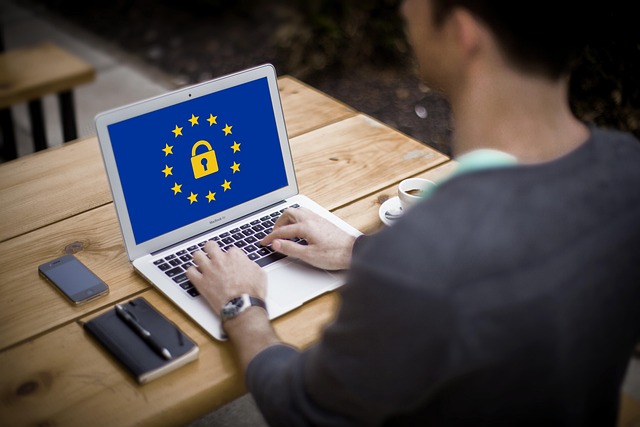In the rapidly evolving world of online education, the importance of maintaining a secure and compliant platform cannot be overstated. With the advent of the General Data Protection Regulation (GDPR), educational institutions and platforms must navigate the complexities of data protection to ensure both legal compliance and a trustworthy learning environment. GDPR stands as a crucial framework designed to enhance data privacy and protection for individuals within the European Union, and its implications resonate far beyond borders, influencing online learning experiences globally.
Online education platforms are increasingly embraced by learners seeking knowledge building opportunities that fit their lifestyles. However, the reliance on digital platforms also raises significant concerns regarding the handling of personal data. That’s where GDPR comes into play, emphasizing the responsibility of these platforms to safeguard user information. This responsibility extends to ensuring that users know how their data is collected, stored, and processed — a pivotal part of instilling trust in the community.
For educators and administrators, understanding and implementing GDPR compliance is essential. This begins with transparent privacy policies that outline the purpose of data collection. Whether a student registers for a course or engages in interactive discussions, they deserve to know how their data is utilized. Implementing clear consent mechanisms is crucial, allowing learners to actively choose what data they share, creating an atmosphere of respect and authenticity.
Moreover, the concept of knowledge building in online education heavily relies on the collaborative sharing of information. When users feel secure in their data privacy, they are more likely to engage actively in discussions and share insights with peers. Anonymizing data for learning analytics not only complies with GDPR but also enhances the learning experience by allowing educators to effectively tailor their teaching strategies without compromising individual privacy.
It’s also vital for online education platforms to incorporate robust security measures. Data breaches not only threaten compliance but can also devastate reputations built on trust. Regular audits, encryption practices, and employee training on data protection are just some of the safeguards that can be integrated into a platform’s operations. By prioritizing data security, online education providers can create a safe environment where learners feel empowered to pursue their educational goals.
Furthermore, addressing GDPR compliance can be seen as an opportunity for platforms to differentiate themselves in a crowded marketplace. While many online education platforms may overlook these regulations, demonstrating a commitment to privacy can attract more users who prioritize data security. In a world where customers are increasingly aware of and concerned about their digital footprint, compliance with GDPR can serve as both a legal necessity and a potent marketing tool.
Ultimately, the goal of online education should not only focus on delivering content but also on fostering an environment conducive to knowledge building. By integrating GDPR compliance into the core operational practices, platforms can enhance user trust and engagement, which are essential components of effective online learning experiences.



